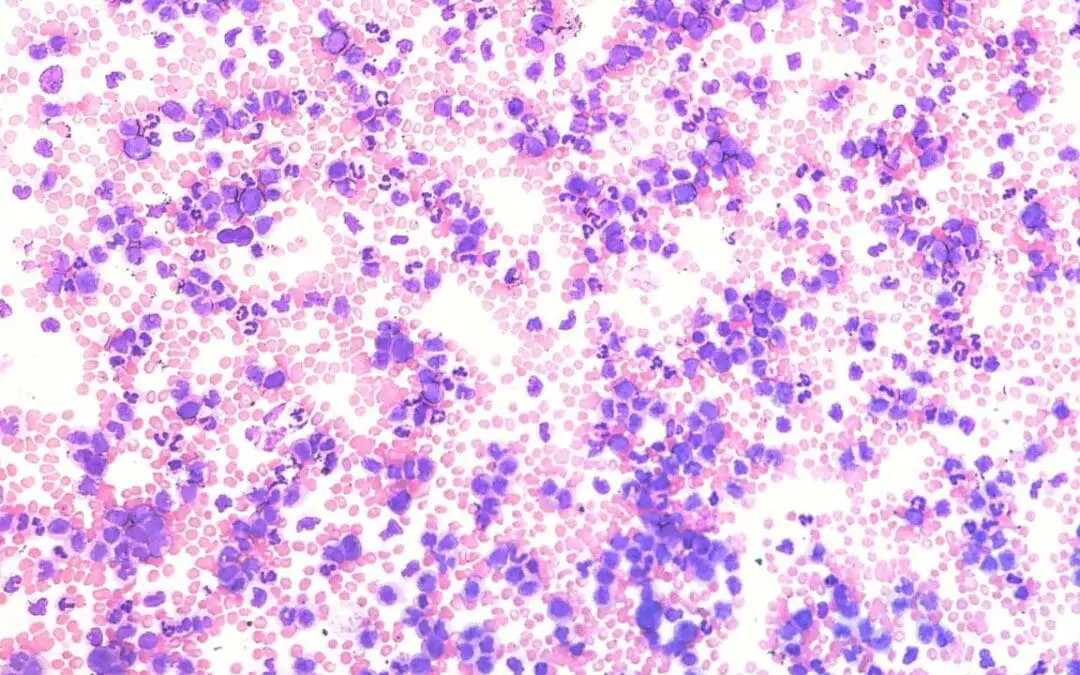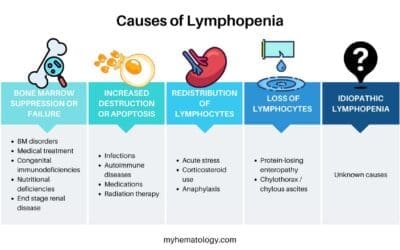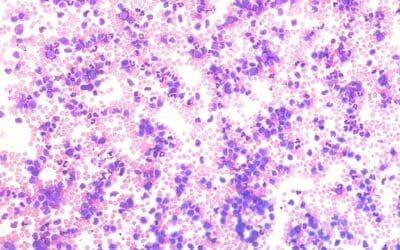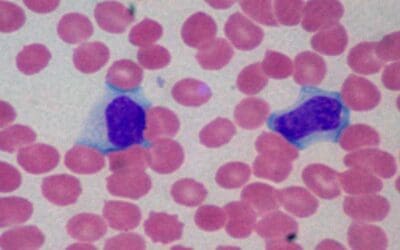Atypical lymphocytes are activated immune cells, often seen in infections. Their unique look aids diagnosis, but distinguishing it from cancer is important.
Hypersensitivity Reactions: Causes and Mechanisms
Hypersensitivity is an exaggerated, undesirable immune response to an antigen, causing tissue damage. It encompasses four types: IgE-mediated (allergies), cytotoxic, immune complex, and delayed cell-mediated reactions.
Basophilia (High Basophils)
Basophilia is when basophil count are elevated. It often signals underlying issues like MPNs, allergies, or inflammation.

Causes of Atypical Lymphocytes (Reactive Lymphocytes)
Atypical lymphocytes are activated immune cells, often seen in infections. Their unique look aids diagnosis, but distinguishing it from cancer is important.

Hypersensitivity Reactions: Causes and Mechanisms
Hypersensitivity is an exaggerated, undesirable immune response to an antigen, causing tissue damage. It encompasses four types: IgE-mediated (allergies), cytotoxic, immune complex, and delayed cell-mediated reactions.

Monocytosis (High Monocytes)
Monocytosis: Elevated monocytes signal underlying health issues. Learn causes (infections, cancers), symptoms, diagnosis, and management.
Lymphopenia (Low Lymphocytes)
Lymphopenia is a low lymphocyte count, weakening immunity. It increases infection risk and flags underlying issues like cancer or severe illness.
Monocytosis (High Monocytes)
Monocytosis: Elevated monocytes signal underlying health issues. Learn causes (infections, cancers), symptoms, diagnosis, and management.
Lymphocytosis (High Lymphocytes)
Lymphocytosis: High lymphocyte count. It can be a harmless immune response or signal serious conditions like leukemia.
Leukopenia (Low White Cell Count)
Leukopenia: Low white blood cell count, weakening immunity. Learn about causes, symptoms, diagnosis, and management of this condition.
Lymphadenopathy
Lymphadenopathy explained: Learn about swollen lymph nodes, their common causes (infections, inflammation, cancer), key symptoms, diagnostic tests (blood work, biopsy), and available treatment options. Understand when swollen glands are a cause for concern.
Classic Hodgkin Lymphoma Treatment Strategies
Hodgkin lymphoma explained: treatment, stages, and what to expect. Your guide based on the latest NCCN recommendations.






